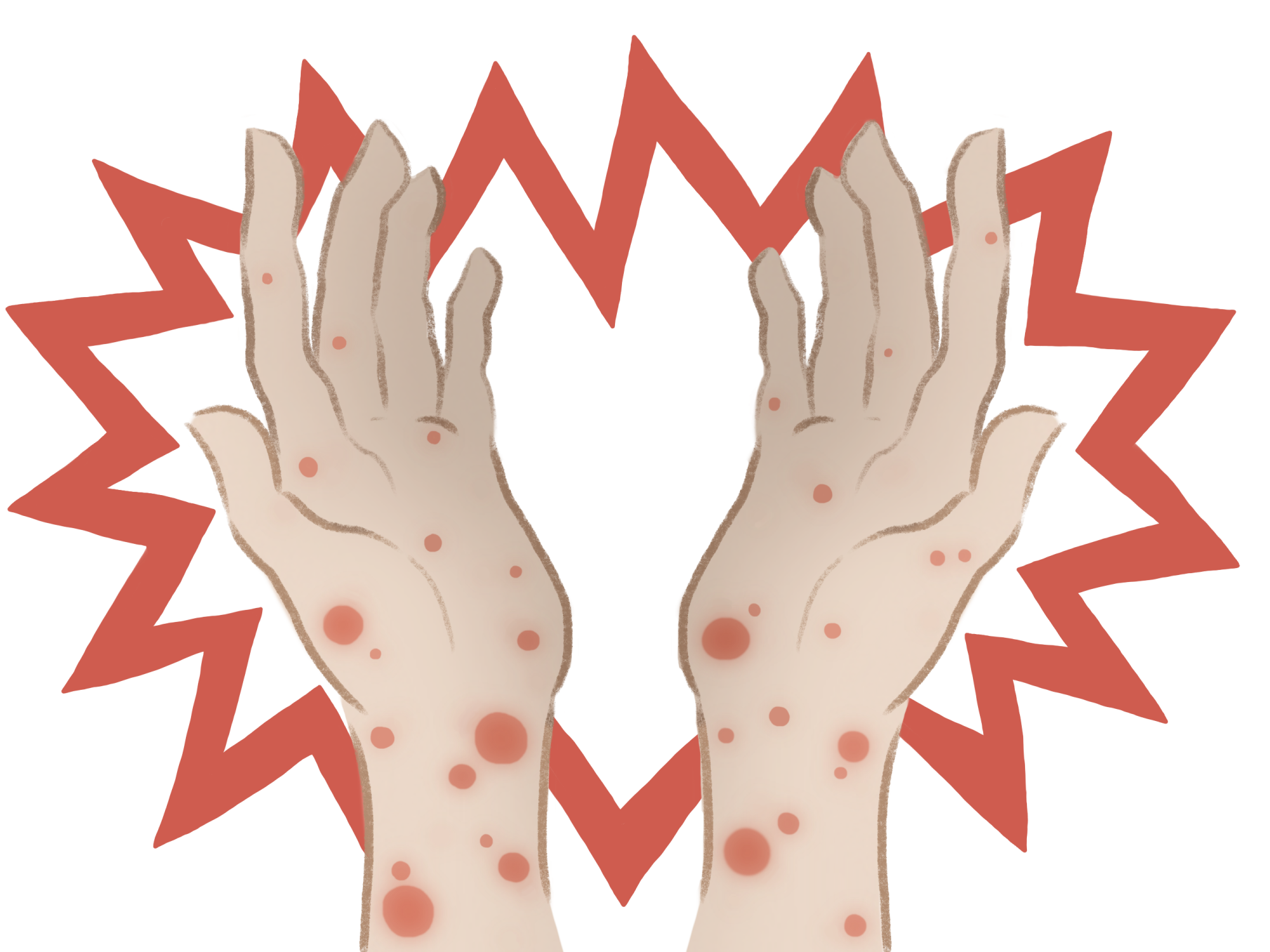Quantization of energy and its influence on how energy and matter interact ( quantum electrodynamics) is part of the fundamental framework for understanding and describing nature. It aims to uncover the properties and behaviors of the very building blocks of nature. Quantum mechanics can describe many systems that classical physics cannot. Ai-generated content may sometimes contain inaccurate, incomplete, or biased information, so make sure you do additional research. · for the beginner, quantum physics may seem like stepping into a dream where the rules are upside down. · quantum physics doesn’t just challenge what we know—it challenges how we know. Light, for example, appearing in some respects as a continuous electromagnetic wave, on the submicroscopic level is emitted and absorbed in discrete amounts, or quanta. This ai-generated answer is powered by openai. Quantum science aims to better understand the world around us and apply quantum theories to real-world technology solutions. Quantization is one of the foundations of the much broader physics of quantum mechanics. Quantum physics is the study of matter and energy at the most fundamental level. · quantum mechanics, science dealing with the behavior of matter and light on the atomic and subatomic scale. If reality changes when we observe it, then what is the role of the observer? Quantum, in physics, discrete natural unit, or packet, of energy, charge, angular momentum, or other physical property. It attempts to describe and account for the properties of molecules and atoms and their constituents—electrons, protons, neutrons, and other more esoteric particles such as quarks and gluons. But as with any great journey, the more you explore, the more you realize that the quantum world, bizarre though it may be, is the foundation of everything. Classical physics can describe many aspects of nature at an ordinary (macroscopic and (optical) microscopic) scale, but is not sufficient for describing them at very small submicroscopic (atomic and subatomic) scales. · in this article, we’ll strip away the confusion and explore the key concepts of quantum mechanics in simple, engaging language—without sacrificing depth or wonder. Technologies ranging from computer chips to medical-imaging machines rely on the. Creating an answer for you using ai. Our journey will take us from the smallest particles in nature to the frontiers of human understanding. You should not rely on this feature for medical, financial, or legal advice. · quantum mechanics is one of the most successful theories in science — and makes much of modern life possible. · quantum physics is the study of extremely small atomic particles.
A Quantum Leap For Antimatter Measurements: What You Need To Know Now
Quantization of energy and its influence on how energy and matter interact ( quantum electrodynamics) is part of the fundamental framework for understanding and describing...




